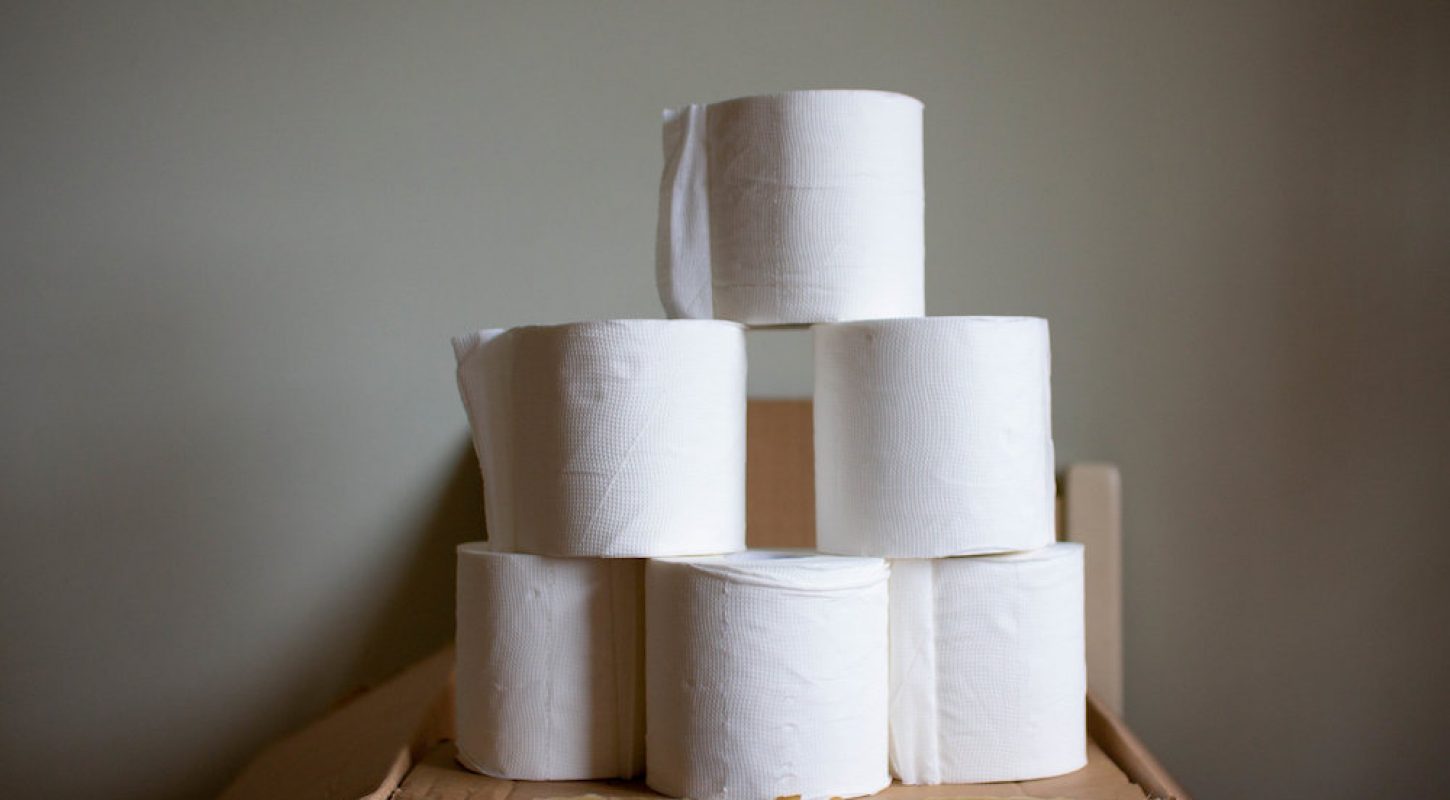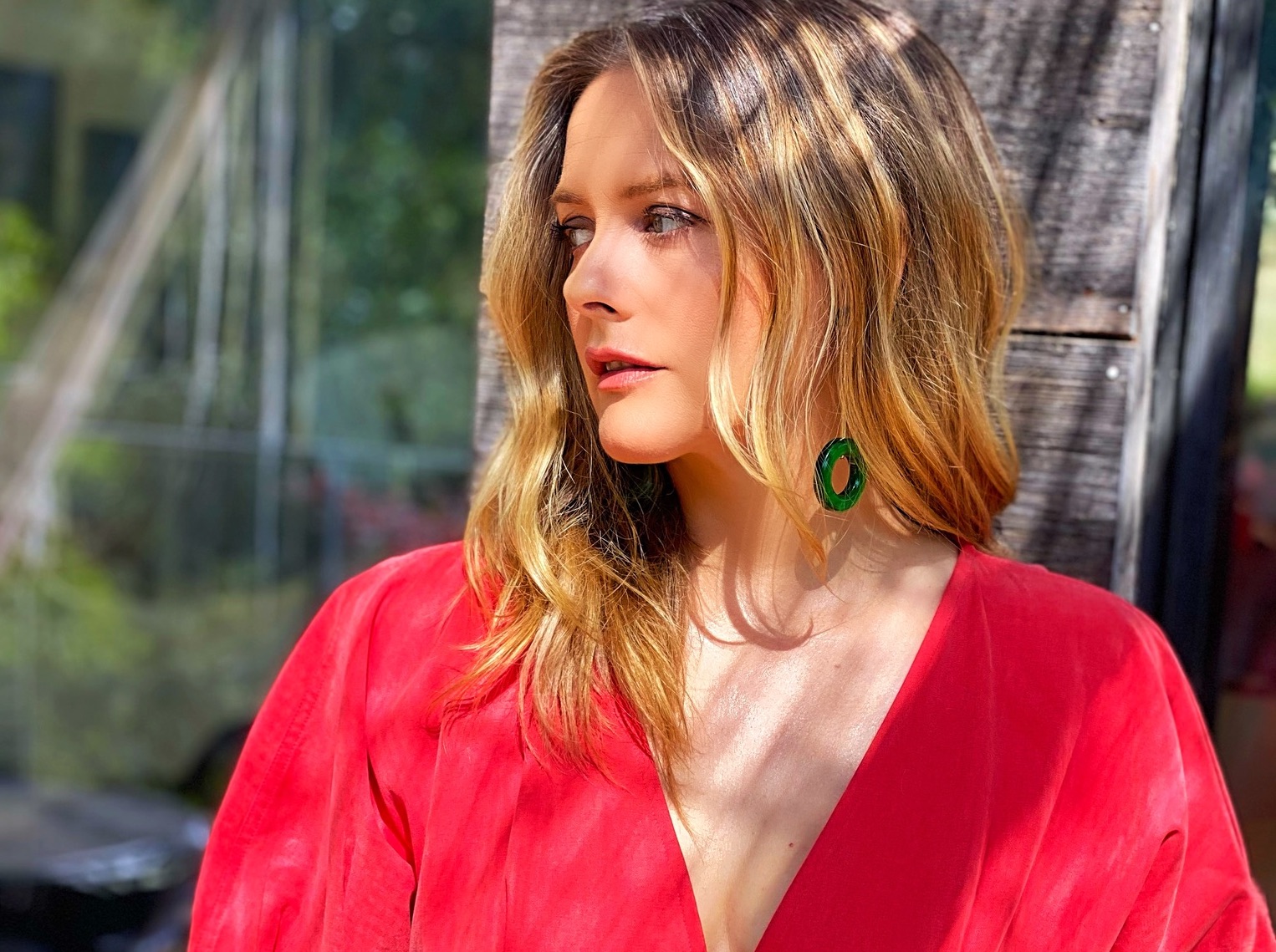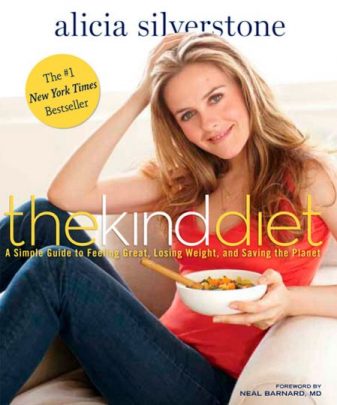Paper towels and toilet paper wipe out 94,000 trees in the U.S. every day. Could bamboo toilet paper help stop that?
We don’t use paper towels in our household, but we do need our toilet paper. Fortunately, there have been so many stellar toilet papers coming to the market recently! My go-to choice in the past was always 100% post-consumer recycled paper since that meant it was made entirely from post-consumer waste, aka waste like your old newspaper or cardboard that has been recycled and re-purposed into toilet paper. This is great because it means you’re eliminating the need for harvesting more virgin materials from trees, and creates a demand for closing the loop on recycling. But then I learned in the process, it might take more water and potentially harmful chemicals to make the recycled paper hygienic. And some post-consumer recycling toilet papers might have traces of BPA, a known endocrine disruptor.
Then I discovered organic bamboo-based toilet paper. Bamboo is low maintenance. It doesn’t require tending, irrigation, or fertilizing, and it grows very quickly. I’ve tried a couple of different brands recently, so to simplify things, I’m breaking down the nuts and bolts of each.
All of these bamboo options are exciting to me. I love the philanthropy aspects, too.
Plant Paper: bamboo
+ made from organic bamboo
+ no dyeing agents of any kind are used; the off-white color of their paper corresponds to the natural color of the bamboo pulp
+ packed in a recycled chipboard box, and delivered in 100% recycled cardboard shipping box
Whole Roll: bamboo
+ made from organic bamboo
+ no harsh chemicals used in processing, Whole Roll uses Elemental Free Chlorine (oxygen, hydrogen, peroxide, and a derivative) to whiten their paper
+ for every pack purchased, a tree is planted along the Gulf Coast regions and islands devastated by storms to help rebuild those communities
Who Gives a Crap: bamboo
+ uses elemental- free chlorine to whiten the paper, not chlorine bleach
+ no inks or scents
+ their bamboo is predominantly grown by small family co-ops bamboo in remote areas of Sichuan Province in China. The farmers plant bamboo on the outskirts of their family farms to supplement their income. The processing of bamboo is all very localized – each village has its own bamboo co-op and pulp factory. Unlike industrial agriculture, no vast areas of land are cleared.
+ Who Gives a Crap donates 50% of their profits to help build toilets for those in need
+ toilet paper comes wrapped in tissue, in a cardboard box (no plastic wrap is used)




